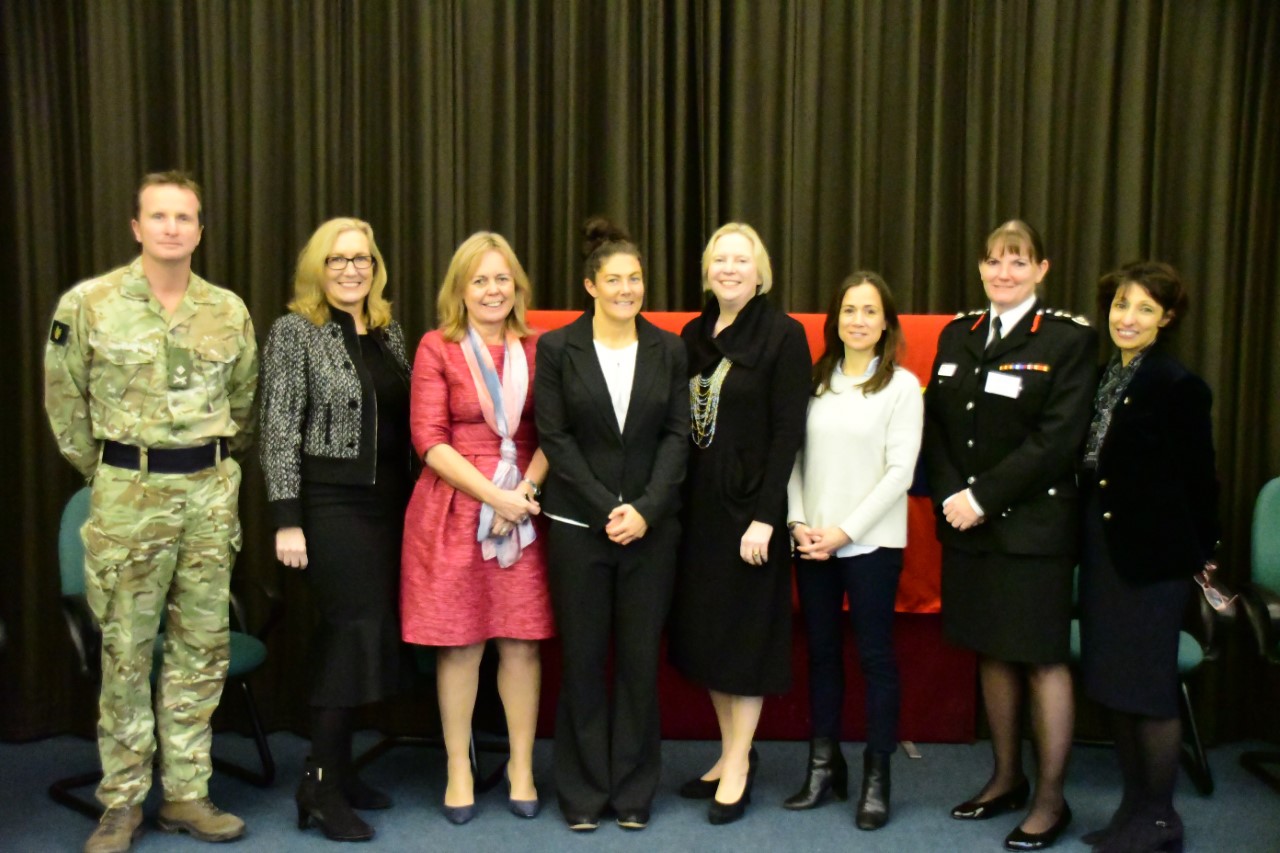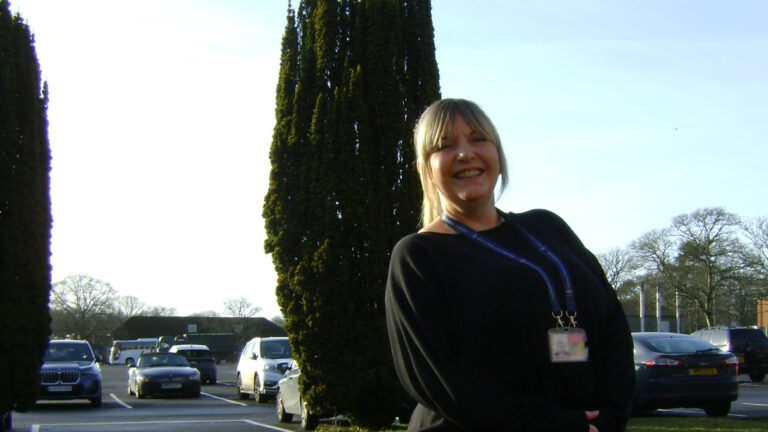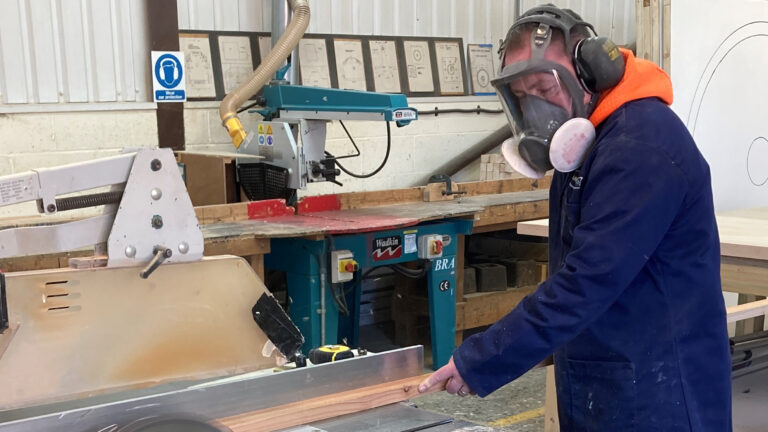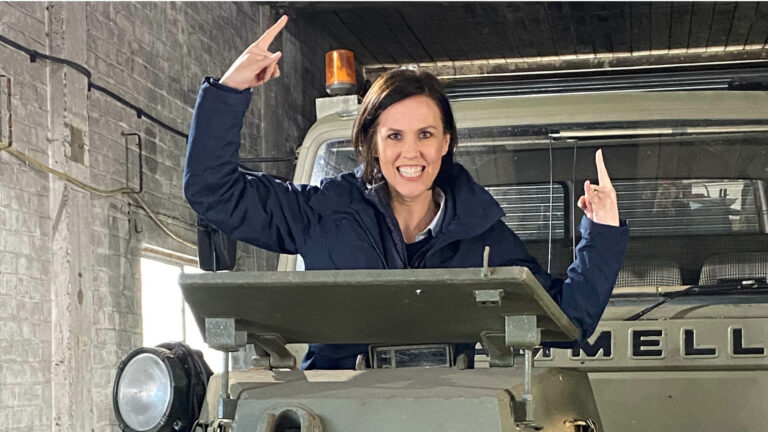By Lori Dougas, Learning and Development Manager
If you search the term gender equality on Google, you could be forgiven for thinking that the World still hasn’t moved on a great deal, with numerous reports of the gender pay gap between men and women, ‘glass ceilings’ and lower educational attainment among young girls.
In fact, according to the EU’s latest gender equality league table, the UK is among the worst performing EU states on improvements to gender equality.
However, it’s not all bad news and in December, I was lucky enough to attend the Women 100 – Female Leadership and Influence Strategic Forum at the Royal Military Academy Sandhurst (RMAS); marking the centenary of the formation of the Women’s Army Auxiliary Corps (WAAC).
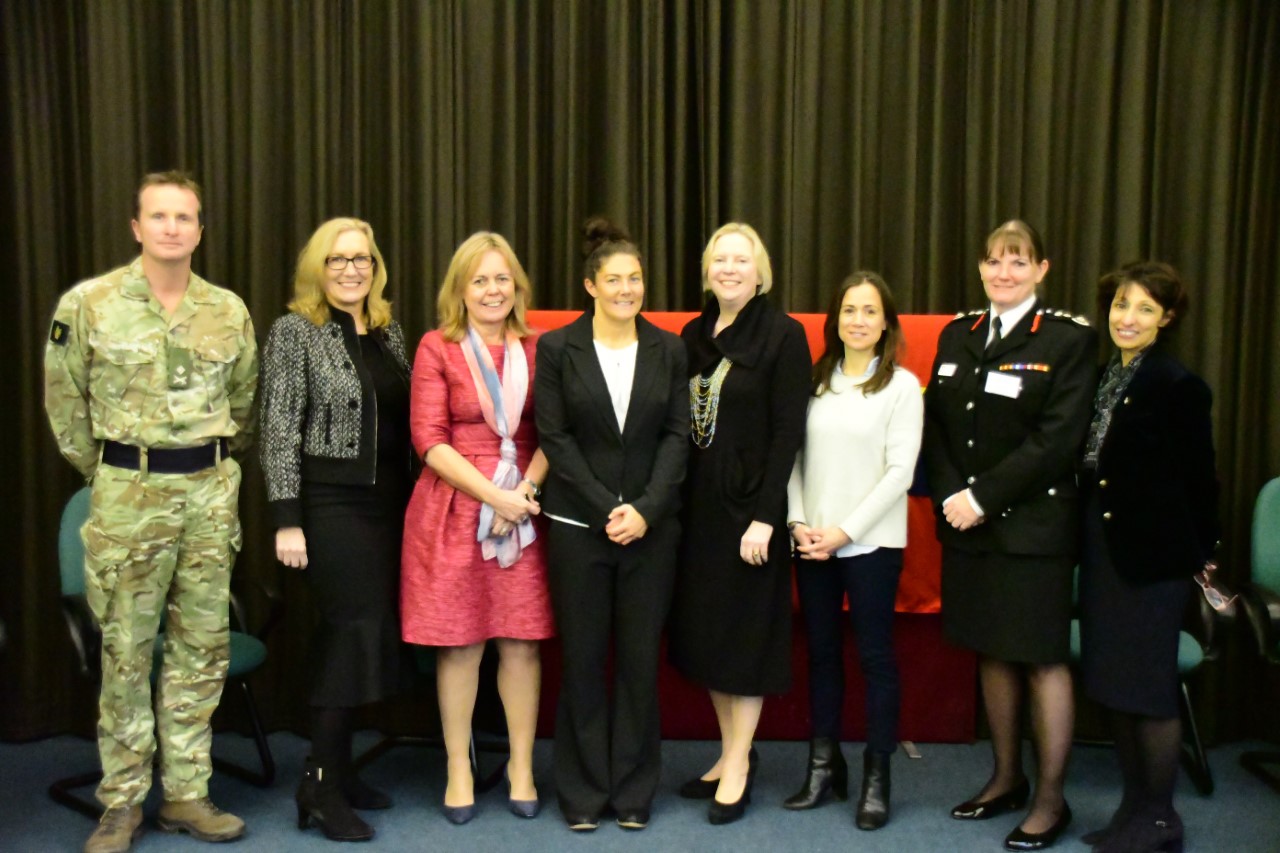
Meet the panel: (L to R) Maj Gen Paul Nanson, Commandant RMAS; Julie Baker, Head of Financial Inclusion and Enterprise Natwest; Susan Turnball, Director People Strategy Help for Heroes; Gemma Rowland, British Army Officer and International Rugby player; Charlotte Avery, President of Girls’ Schools Association; Jenny Scott, Executive Director Communications Bank of England; the keynote speaker Dany Cotton, London Fire Commissioner and Ren Kapur, CEO and Founder of X-Forces.
I was invited because of our partnership with X-Forces who co-hosted the event and who Landmarc has been working with since 2013. Each year, we engage with a number of different initiatives, and this event enabled myself and my colleague, the communications manager at Landmarc, to experience a fascinating day of workshops and panel discussions, with a keynote speech by Dany Cotton, London Fire Commissioner and one of the highest-ranking women firefighters in Europe. What was really inspiring, was that we learnt that there are many organisations bucking this apparent trend and making great strides in advancing the opportunities available for female employees.
Nobel Peace Prize Winner and former Secretary-General of the United Nations, Kofi Annan once said that “Gender equality is more than a goal in itself. It is a precondition for meeting the challenge of reducing poverty, promoting sustainable development and building good governance.”
Achieving such gender equality, however, requires engagement by everyone and it was clear that the men and women at Sandhurst were taking that responsibility to heart.
The event brought together leaders from many sectors of employment to share their experience of the challenges, as well as the progress achieved for professional women. It was also a recognition that the Armed Forces Community, along with society as a whole, needs to be adaptable to an ever-changing world and that we needed to do more to remove barriers to women joining and progressing within our Community.
The discussion throughout the day got me thinking about how far we’ve come with regard to gender equality. When I was a youngster, women didn’t join the army, we didn’t play hockey (that’s ice-hockey to the non-Canadians reading this) and women didn’t become the Prime Minister. I truly believe that young women today don’t see the barriers to careers that I was subjected to and for the most part are confident that they can do anything they choose.
And yet according to a recent article in the Harvard Business Review (8 November 2017 – by Jane Stevenson and Evelyn Orr): ‘Only 6.4% of Fortune 500 companies are run by female CEOs and while there are 32 female CEOs this year, the highest percentage ever, compared with only 21 last year – the rate of change can still feel excruciatingly slow.’
Julie Baker, Head of Financial Inclusion and Enterprise, NatWest highlighted the progress made at NatWest with 30 per cent of the board comprising women, however, she also went on to say that this success applies only to certain sectors within NatWest such as HR, IT, Communications and Marketing and that it was aware of the need to increase the number of women across all sectors of its operations – not just because it is politically correct but because diversity is good for business.
Here at Landmarc, our responsibility as a partner to the Armed Forces extends across all of our activities as we too strive to make a difference in this area. Our Sustainability Strategy reinforces our commitment to ensuring our people feel valued, enjoy good health and rewarding work, have access to personal and professional development opportunities, and are treated fairly.
One of our objectives in this Strategy is to look at ways of increasing diversity in our workforce so that it is more reflective of the communities in which we operate. The Forum offered a number of key insights to help us on this journey, including wider promotion of our Flexible Working Policies, the use of more inclusive language both in employment advertising and our day-to-day operations and establishing appropriate networking opportunities.
The progress society has made over the past 100 years should not be underestimated, but we need to keep the dialogue alive and find a variety of solutions to continue to close the gender gap. I really liked what international rugby player Captain Gemma Rowland said when she stated that young women shouldn’t set any limits on their abilities – physical or otherwise. These preconceived notions that women ‘aren’t able’ can create unconscious biases and hold us back from achieving our full potential. The knocks are going to come but we should not let the fear of failure stop us from succeeding.
